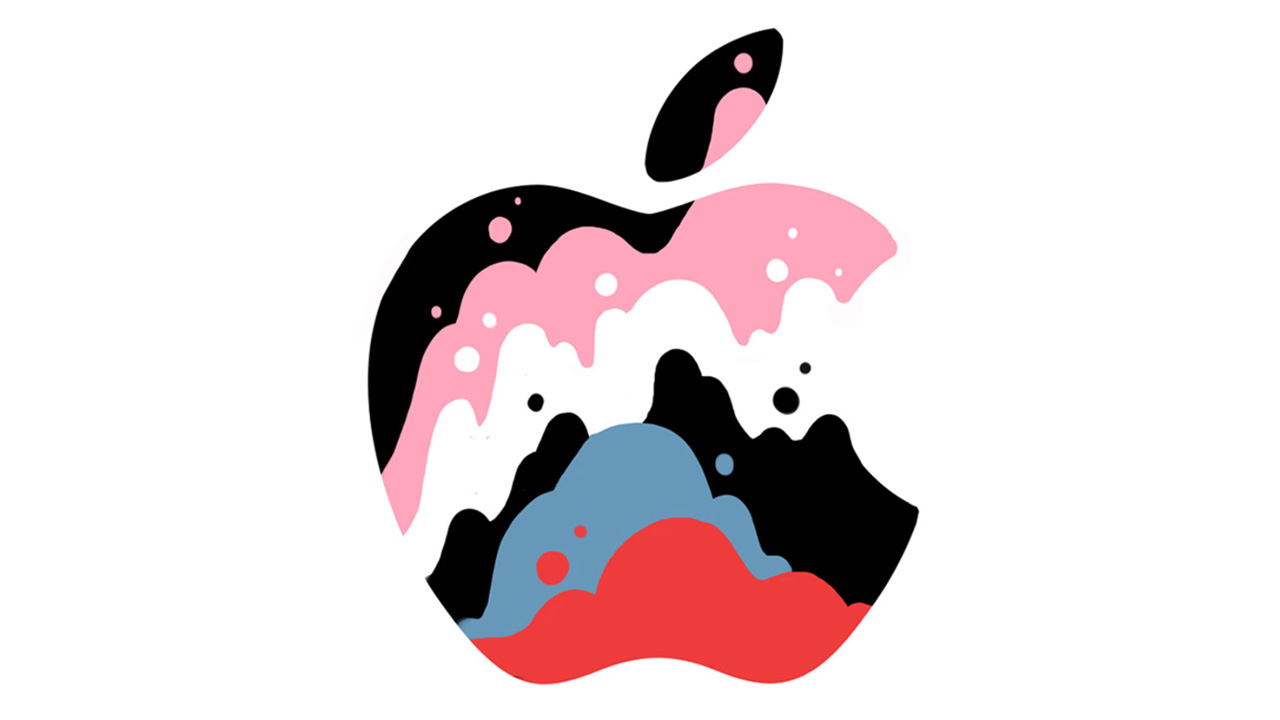
Meta Description: Apple faces class action lawsuit from authors claiming the company illegally used pirated books to train AI models. This story covers legal risks, fair use debate, and impact on AI training data licensing.
Introduction
Apple, long known for its strict content policies and premium brand image, now faces allegations of digital piracy. On September 6, 2024, authors Grady Hendrix and Jennifer Roberson filed a class action lawsuit alleging Apple used pirated copies of their books to train OpenELM large language models without permission or compensation. Coming after Anthropic's $1.5 billion settlement with authors, this case is part of a growing wave of AI copyright lawsuits that put fair use and training data licensing at the center of industry debate.
The rapid rise of generative AI has driven unprecedented demand for large scale text datasets. Models like ChatGPT, Claude, and OpenELM rely on massive corpora of books, articles, and web pages to learn language patterns. Much of that content is copyrighted and has been scraped from the web without explicit creator consent, creating a new class of intellectual property disputes now described as AI training data litigation.
Tech companies have often defended these practices under fair use, arguing training is transformative and does not directly replace original works. Creators and publishers dispute that position, claiming unauthorized use of copyrighted material amounts to copyright infringement when used to power commercial AI products. The growing number of cases is testing how courts balance fair use with creators rights and trade secrets claims from AI developers.
The federal complaint by Hendrix and Roberson alleges Apple obtained and used pirated digital copies of their books to train OpenELM models without:
The complaint targets Apple OpenELM, the companys open source language model family, and seeks monetary damages plus injunctive relief that could force Apple to stop using disputed works and to retrain models on licensed material only. If the suit achieves class action status, it could represent thousands of creators who allege unauthorized use of their works in AI training.
This lawsuit follows Anthropics high profile settlement and highlights the emergence of court ordered discovery as a powerful tool for plaintiffs seeking training data transparency. Judges have increasingly weighed model transparency against developer claims of proprietary trade secrets when ordering production of training datasets in other cases.
If courts rule that scraping copyrighted content for model training is not fair use, AI developers may face major licensing obligations. The financial stakes are significant. Anthropics consent to a large settlement signaled that companies could be liable for substantial damages, and legal analysis suggests requiring licensed datasets could multiply AI development costs through increased licensing fees for training data.
Possible industry responses include greater adoption of licensed datasets, tighter model governance and compliance programs, and a shift toward smaller specialized models trained on legally cleared data. Higher compliance costs could also drive consolidation, favoring companies with sufficient resources to secure training data rights and manage litigation risk.
For creators the case reinforces calls for a fair share of the commercial value generated from their work and for stronger dataset transparency so plaintiffs can identify whether their works were used. For AI developers the case highlights the need for clear training data provenance and robust legal strategies addressing fair use and licensing for training data.
Apples lawsuit over AI training data is more than a dispute between two authors and a major tech company. It is likely to shape how generative AI is built, whether through negotiated licensing agreements with publishers and authors or through continued legal contest over fair use. With potential billions at stake and model transparency under scrutiny, this case is a key example of how copyright law and AI development will intersect in the coming years. Anyone following AI copyright lawsuits or working on AI governance should watch this case closely.



